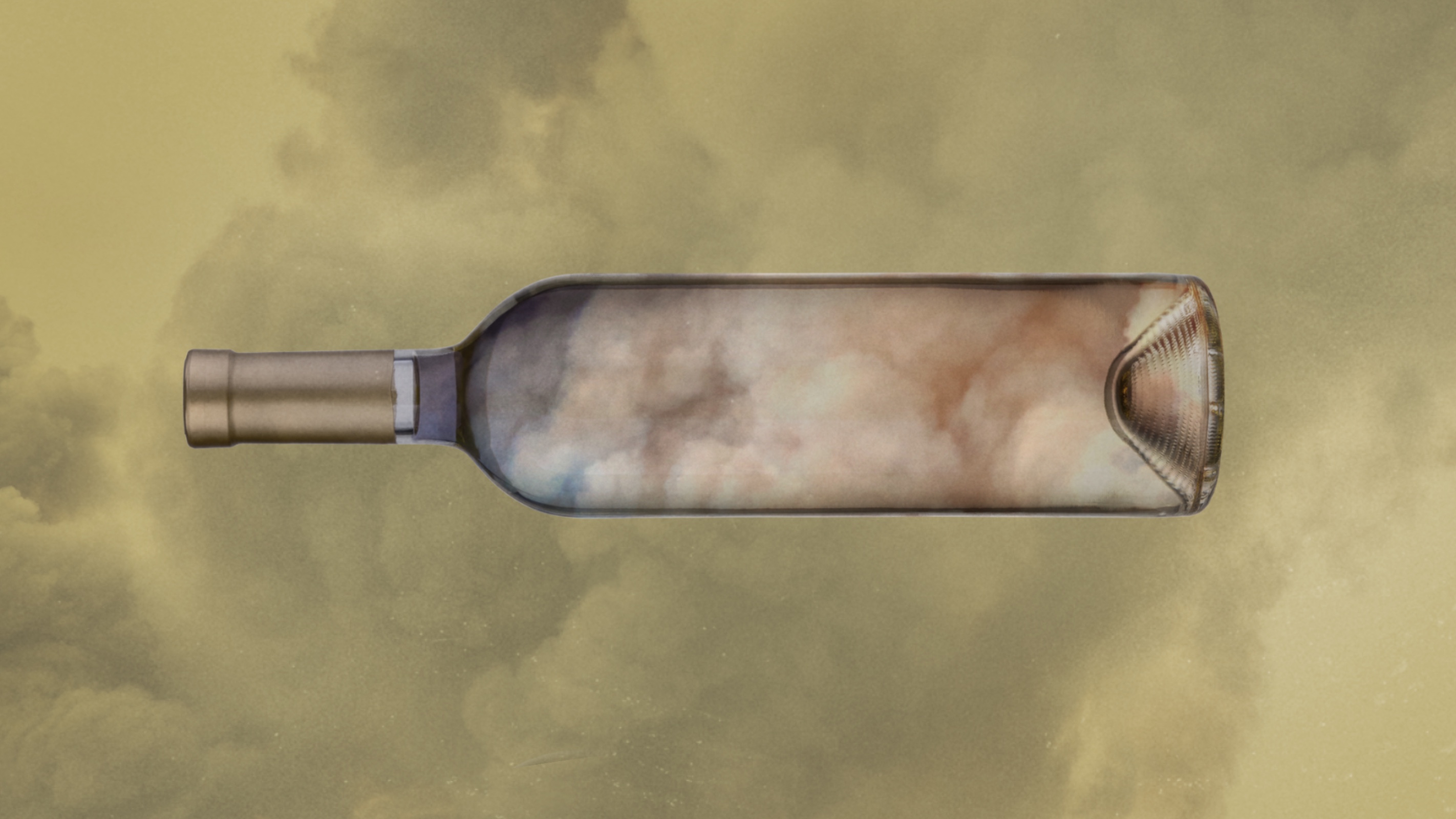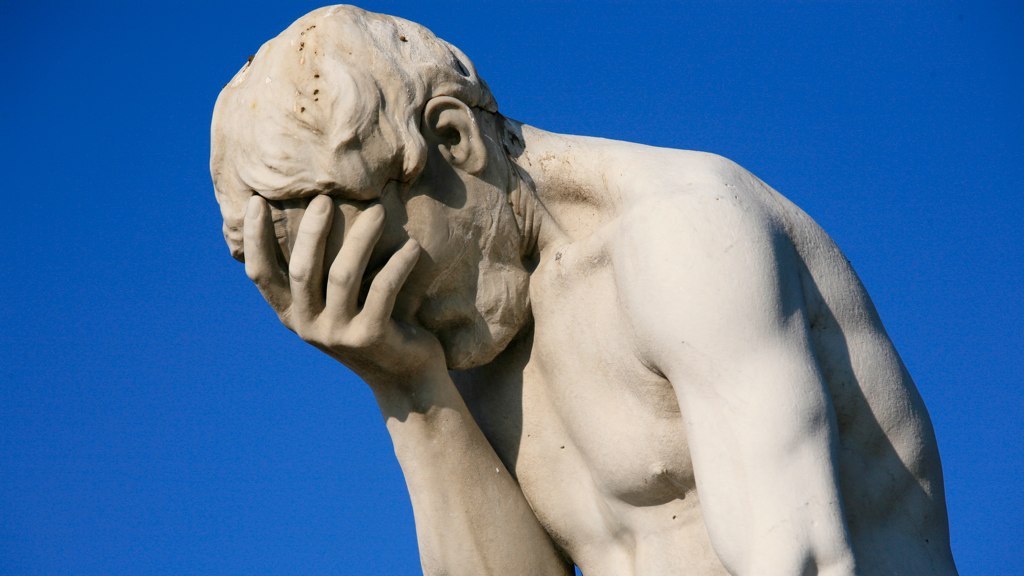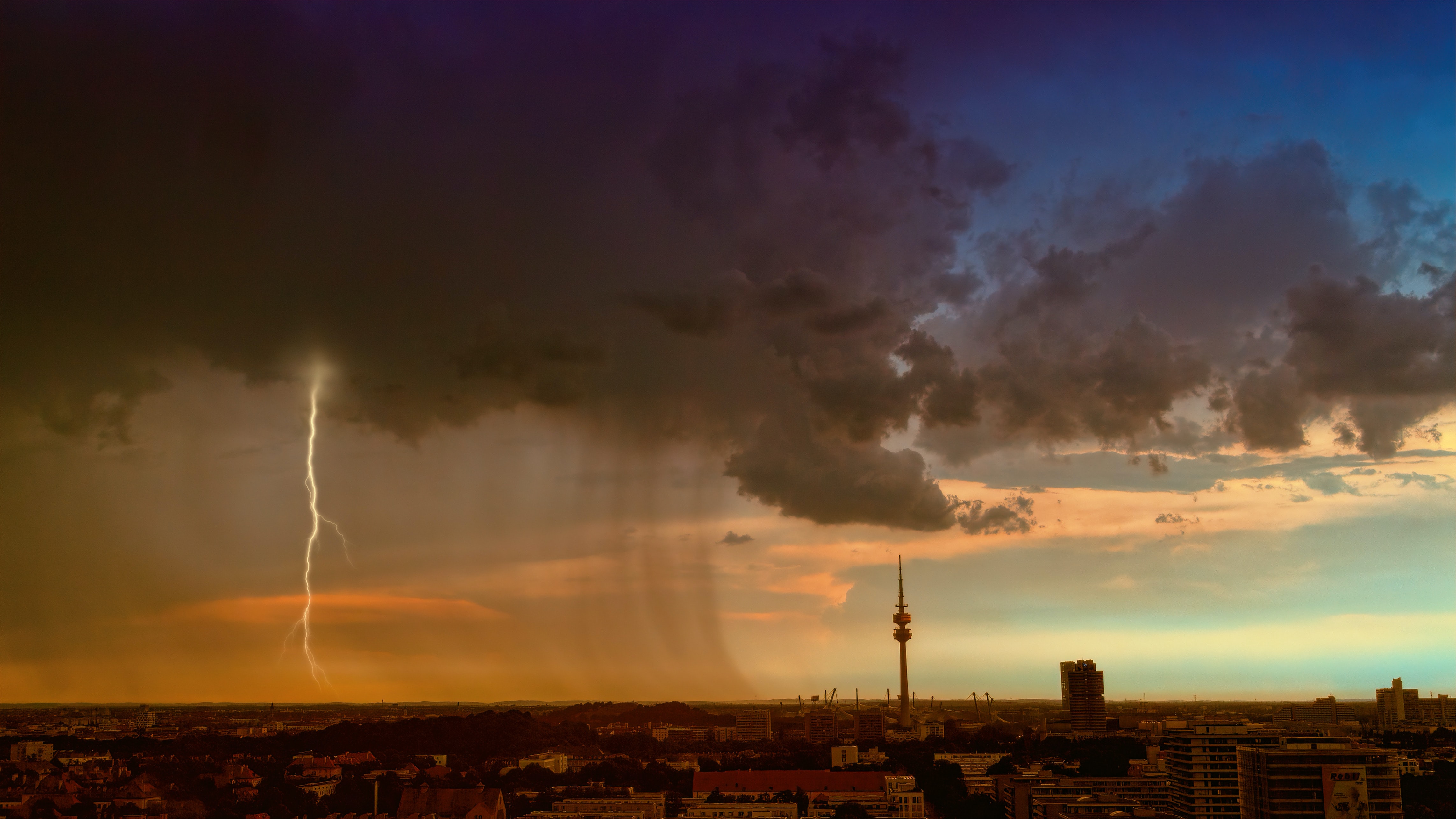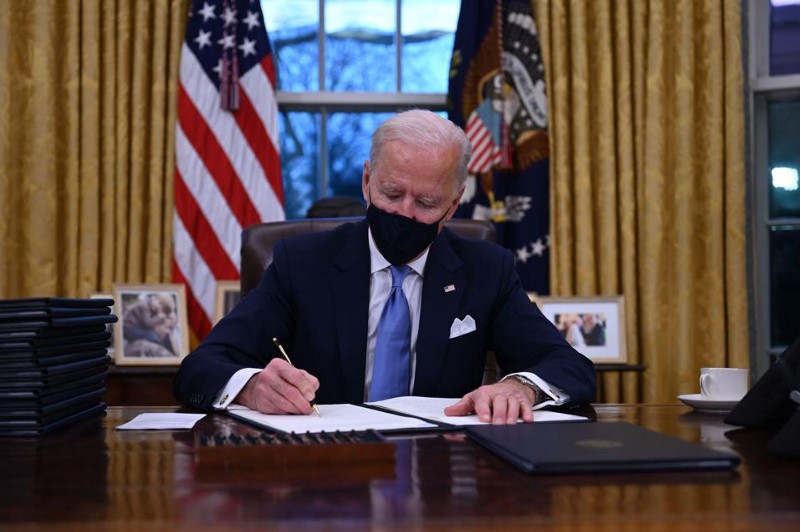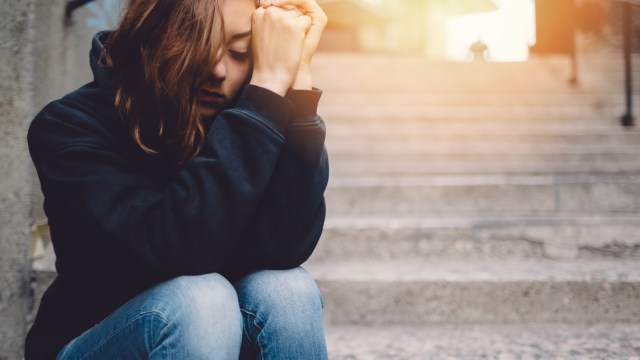Are we prepared for climate change? Health experts say no
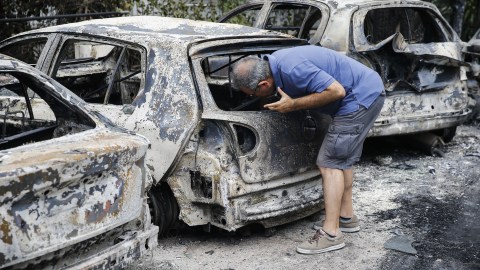
For years, climate change has been treated as an impending disaster in the not-too-distant future. Yet every season we seem to kick the can down the road even though the effects of climate change are here. As a group of public health officials told Congress last week, Americans are not ready to deal with this fact.
University of Maryland assistant professor Marcus Hendricks pointed out a few inconvenient realities to congressional lawmakers, including the surge and strength of Western wildfires (sections of Yosemite Park were closed this week, and wildfires are predicted to get worse), Houston’s intense flooding, and storms in Florida and Puerto Rico. These are only the beginning. The prospect for this autumn is rather dim, as he notes:
Unfortunately, federal forecasters say there’s a 75 percent chance the upcoming hurricane season will produce between five and nine hurricanes, making the prospect of another catastrophe on the island very real.
Over 4,600 deaths have been attributed to Hurricane Maria, according to Harvard. Besides the massive destruction of infrastructure, many other problems have manifested, including an uptick in domestic abuse, contaminated drinking water, and the inability for medical professionals to reach and treat those in need.
The New Republic has further bad news:
A record-breaking heat wave killed 65 people in Japan this week, just weeks after record flooding there killed more than 200. Record-breaking heat is also wreaking havoc in California, where the wildfire season is already worse than usual. In Greece, fast-moving fires have killed at least 80 people, and Sweden is struggling to contain more than 50 fires amid its worst drought in 74 years. Both countries have experienced all-time record-breaking temperatures this summer, as has most of the rest of the world.
Yet, as the magazine continues, the media continues to portray these changes as nature just acting up (or worse, as if a god is causing them). Of 127 segments on global heat on major broadcast networks, only one segment even connected temperature increase to climate change. In 2017, no major network studied mentioned a link between the increasing strength of hurricanes and our contribution to it.
How do we deal with this new reality? One expert suggests fleeing the coasts. While those in Miami might not have a choice, is that even feasible for the rest of the population? Then again, what if we too have no choice?
Like political exhaustion, Americans have been experiencing climate exhaustion for decades. We’ve grown immune to doomsday scenarios, thinking, “Sure, that fire was bad, or that hurricane did some damage, but we made it through.” Yet for the people who lived through that fire or hurricane (or lost family along the way), reality is quite different. We can’t become too exhausted to conjure appropriate levels of empathy and compassion to make serious changes, yet that’s exactly what’s occurring. If we’re not directly affected, we scroll to another story.
That won’t hold, says National Association of County & City Health Officials senior program analyst Chelsea Gridley-Smith. Knowledge of risk is useless without active public planning.
In health departments across the country, more than half of the health directors acknowledge the health impacts of climate change. Less than 20 percent of them have the resources and expertise needed to assess the potential impacts, create effective plans and protect communities from these impacts.
Preparation, she says, is key. A disaster is often labeled such only because we didn’t apply the available foresight. John McPhee warned of a hurricane flooding New Orleans in 1987. His reporting included public officials that knew what they were facing. Yet much of America acted shocked when Katrina arrived in 2005. How could we have not seen that coming? Some did, but they could not influence the government to do anything about it.
Humans are reactive animals. We have a unique ability to portend the future, but unless we act proactively, this skill is useless. We know some of the dangers of climate change. There are many that will take us by surprise. But not all of them should.
The only blame is on our lack of imagination, which, according to the experts on Capitol Hill, is sadly what we’ve created. With a president who won’t even entertain the fact that climate change exists, our imaginations will have to grow, and quickly.
—
Stay in touch with Derek on Facebook and Twitter.

